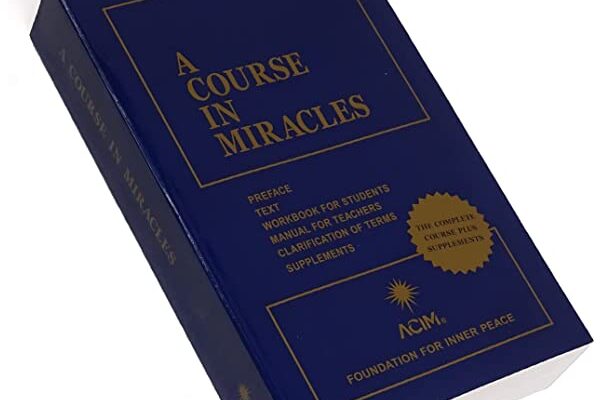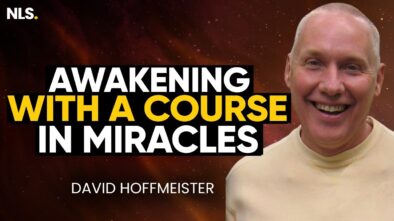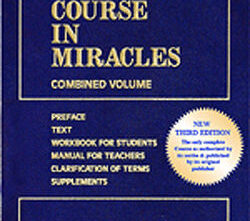A Course In Miracles Revisited
If you have spent much time exploring spirituality, you have probably heard about A Course in Miracles. Maybe you have even “done” it. A huge number of spiritual seekers-New Age, Christian, Buddhist-have read the Course or at least have it sitting on their bookshelf. It has become a familiar part of the landscape.
And yet that familiarity masks what a unique and unconventional document A Course in Miracles is. The Course falls into the category of channeled material, yet most such material seems to ride the waves of popular currents of thought, telling us more or less what we expect to hear: “You are God.” “You create your own reality.” “You can have it all.”
While the Course echoes countless themes from the world’s spiritual traditions and from modern psychology, what is perhaps most striking about it is how original it is. Just when you think that you know what it is going to say, it heads off in some completely unfamiliar direction, one that seems to have no parallel in any other teaching, ancient or modern.
Therefore, if you want to hear the old familiar truths, A Course in Miracles is not for you. On every page, it is trying to overturn the taken-for-granted assumptions on which your world is built.
For instance, all of us naturally want to distinguish ourselves through noted achievement, ability, and recognition. We all want to be special. Yet the Course points out that you can only be special by being better than others, and that trying to make others worse than you is an attack. It says, “Specialness is triumph, and its victory is [another’s] defeat and shame.” Trying to defeat and shame another, it says, just leaves you burdened with guilt.



